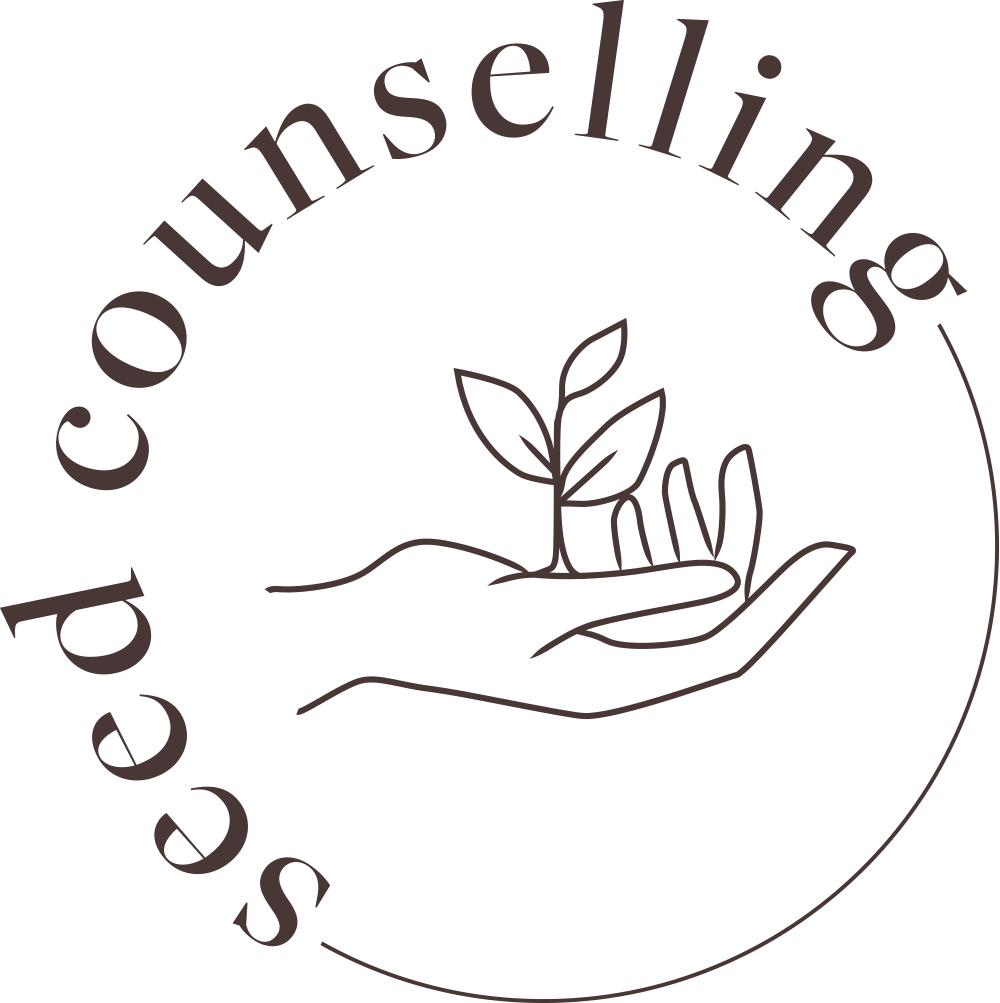The impact of Coronavirus on mental health
The world has entered an era of unknown, that only time, and history will make sense of. But how has it impacted mental health?
The coronavirus COVID-19 and the global pandemic has already had a huge disruptive impact on society and continues to challenge the provision of mental health services.
It is not just our wonderful healthcare professionals, as well as other amazing key workers such as police officers, teachers, postal and shop workers who have a higher chance of having Covid-19 related mental health problems. It isn’t even simply people with pre-existing psychological issues, or people experiencing traumatic events. Everyone has been affected in some shape or form by Covid 19.
Mental health problems have worsened across all age-groups in the past year and the number of adults showing symptoms of depression has almost doubled since the start of the pandemic, according to the Office for National Statistics.
How has Covid 19 affected you?
Have you experienced coronavirus, do you know others who have had it, has it impacted your job, relationships, you socially or the way you feel about life or yourself?
Ways in which Coronavirus can impact mental health:
Below is a non-exhaustive list of how Coronavirus can affect us mentally:
Depression – for example feeling hopeless, loneliness, isolation or a burden;
Anxiety or stress – for example sleep issues, spiralling thoughts about money, change in working patterns, health, access to care, concerns about the future and an increase in abusive behaviour;
Grief or Post Traumatic Stress Disorder (PTSD) - for example loss of jobs, loved ones or your sense of identity.
Have you developed or been using unhealthy ways of coping with food, drinking or exercise for example? Do you feel you have become withdrawn and are anxious about socialising or unmotivated to do so?
Whatever is going on for you, you do not have to go through it alone. Sometimes we have no one to talk to, or friends and loved ones just do not understand how things are for us, or know what to say or do. Counselling sessions can provide you with the time to talk through your issues, to make sense and process, as well as find helpful and healthy ways of moving forwards, with a trained professional who can actively listen and hold a safe healing space for you.
The pandemic has undoubtedly had a huge impact on people’s mental health in many different ways. Time will only tell the full impact of COVID-19 on mental health but something I am certain about is that counselling can provide help and support during this unsettling and unknown time. There is help, and there is hope.
I can offer you a safe, non-judgemental, warm space to help you to explore, understand and give voice to your thoughts, feelings, emotions and experiences.
I invite you to get in touch to see how you can empower yourself to create positive change.




